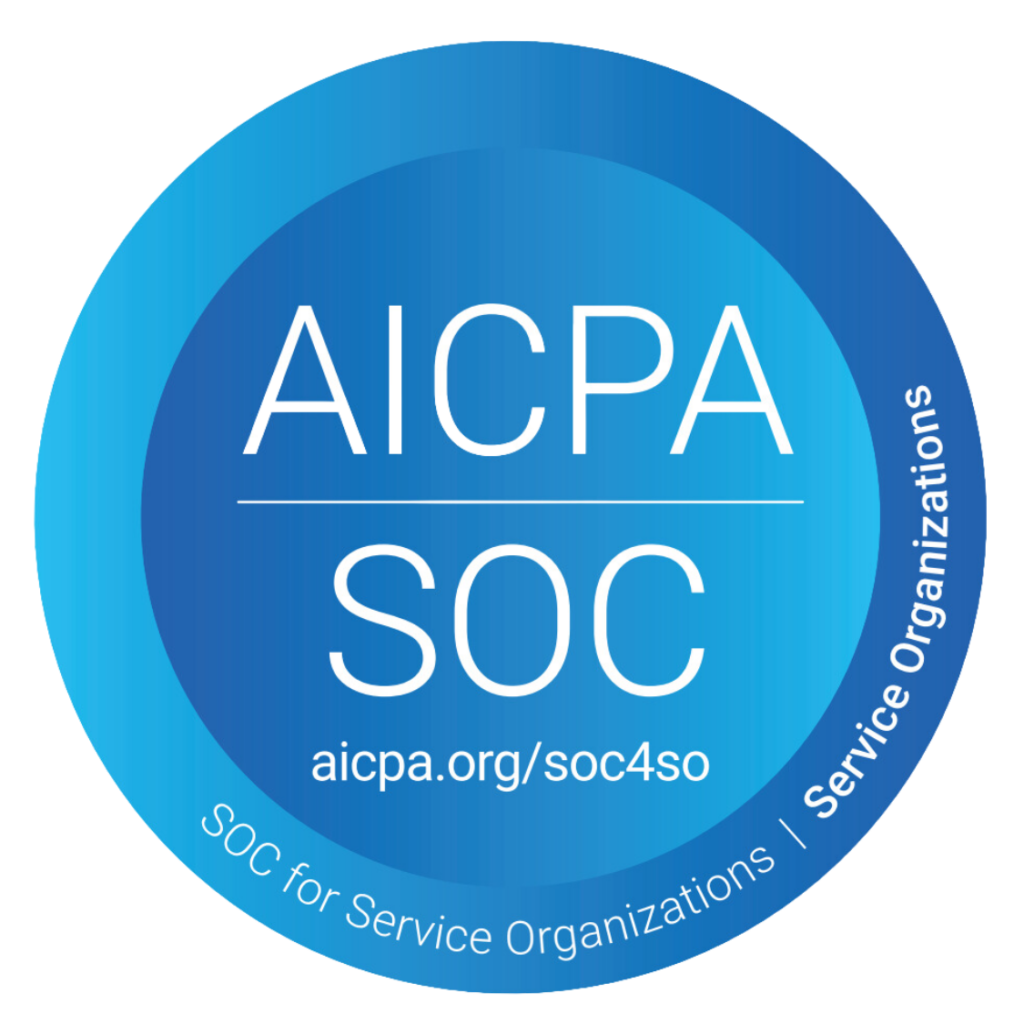Rebates are a common topic of conversation in the pharmacy industry, and different pharmacy benefit managers (PBMs) handle pharmaceutical rebates differently. The key question to ask is whether those pharmacy rebates are actually reducing the overall cost of the pharmacy benefit plan.
Drug manufacturer rebates play a vital role in the industry. Though they are good in some cases, they are often not as beneficial to the plan and plan members as they may seem. Every self-insured company should understand the true impact of rebates in the pharmacy industry.
The basics of how pharmacy rebates work
Drug manufacturers offer rebates to position themselves above their competition and secure a spot in the PBM’s drug formulary. Rebates are most commonly offered for specialty and other high-cost medications.
Though most people associate rebates with cost savings, that isn’t always the case with rebates in the pharmacy industry. Because it is often the more expensive medications that offer rebates, the price of an equally effective alternative may still be lower, even without a rebate.
Some PBMs negotiate directly with the drug manufacturers to receive the highest rebates for selected medications, which then determines which medications will be included in the plan’s formulary. In some cases, a lower-cost alternative may be excluded from the formulary entirely due to the rebate offer on the higher-cost medication.
Some PBMs choose to keep part or all of the rebate amount that is offered by the manufacturer. This means the rebates on higher-cost drugs added to the formulary benefit the PBM rather than the plan holder or plan member.
How passthrough PBMS are different
Though some PBMs opt to keep a portion of the rebates, MaxCare offers a 100% passthrough of the rebate amount to the plan holder. When we negotiate with manufacturers, we consider medications offering rebates and the alternative options that may be a lower cost without a rebate. Our goal is to create a comprehensive drug formulary that will help contain costs for plan holders and members – whether the medications are offering a rebate or not.
Because we don’t keep a percentage of the rebate savings, we can review the numbers to create the best list of formulary options for you and your employees and ensure your plan benefits from any rebates within the selected medications.
Instead of prioritizing rebates, we have prior authorization and step therapy processes to ensure plan members receive appropriate medications for their needs at the best prices. Because of our approach to formulary design, we’re able to move members to an equally effective but lower-cost medication about 40% of the time. In contrast, standard plans that focus on medications offering rebates only move members to a lower-cost medication about 10% of the time.
By helping members find lower-cost alternatives, we pass on even more cost savings to our customers.
Thinking beyond rebates
For some PBMs, rebates are a revenue stream and thus impact their approach to formulary design. When a PBM focuses more heavily on rebates than on a comprehensive approach to formulary design, the potential exists for some medications to become cost-prohibitive to members. If plan members can’t afford the medications they need now, they may be at risk for more health complications, which impacts the plan holder’s overall healthcare costs and the plan member’s costs as well.
While pharmacy rebates sound like a great idea on the surface, it’s important to truly understand how they could impact not only your pharmacy benefit costs but also total healthcare costs. Instead of focusing on rebates that can save money now, it makes more sense to focus on all medications in the formulary and how to manage cost control for the plan in the long term.
MaxCare RX is proud to be a different kind of PBM, and we are here for you. If you have any additional questions about rebates in the pharmacy industry or want to discuss your overall pharmacy benefit plan needs, contact our team today.



